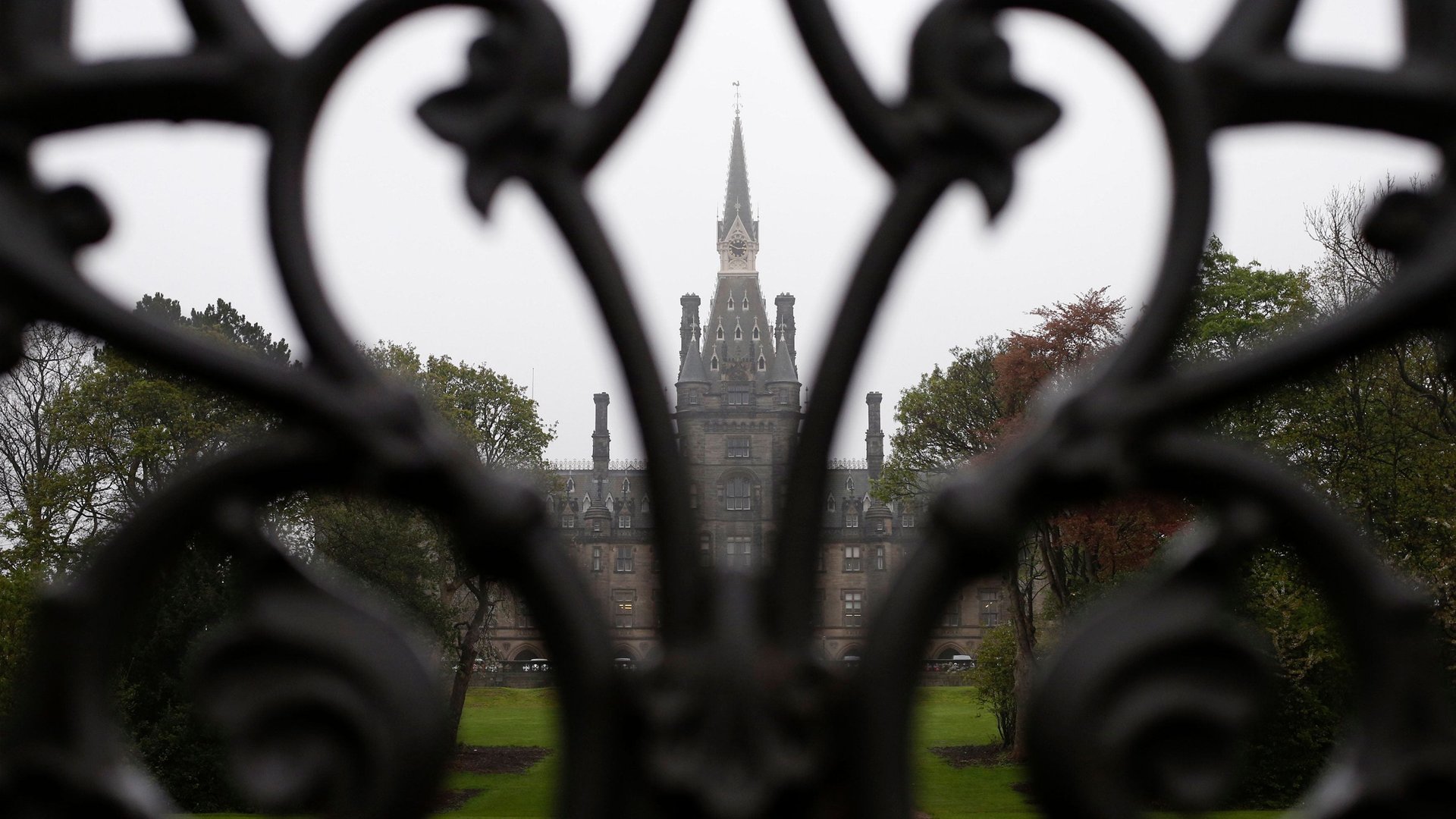The UK wants private schools to stop letting criminals pay for elite educations
Every year, about £90 billion of criminal money gets laundered through the UK. Last week (Sept. 14), the British National Crime Agency (NCA) said that some of that money is being filtered through British private schools–and it criticized elite schools for failing to flag suspicious payments to the government.


Every year, about £90 billion of criminal money gets laundered through the UK. Last week (Sept. 14), the British National Crime Agency (NCA) said that some of that money is being filtered through British private schools–and it criticized elite schools for failing to flag suspicious payments to the government.
Robert Barrington, president of the anti-money-laundering organization Transparency International, told The Independent that criminals are often attempting not just to wash funds, but to buy their children a foothold in respectable society. ”While the money being used for fees is small by money-laundering standards, we are laundering the reputations of the families by opening the door of respectability to the next generation.”
UK private schools are known for attracting the children of the world’s elite. According to an annual census, the average cost of a child attending a non-boarding private secondary school is more than £17,000 a year. In addition to being expensive, these schools are also increasingly international: Of the 529,000 students attending these schools last year, about 10% were non-British pupils.
The NCA’s announcement is part of its broader crackdown on illicit financial flows from Russia into the UK, spurred by the poisoning of former Russian spy Sergei Skripal on British soil. Russian children account for 2,800 of the 53,000 non-British pupils in UK private schools.
But Dominic Kavakeb, Transparency International’s communications director, says that dirty money is a global problem. “It’s unfortunate that the narrative is related to Russia only, because dirty money coming from any jurisdiction is a bad thing, and it [anti-money laundering legislation] shouldn’t be a diplomatic tool that’s used selectively against one nation.”
Several high-profile money laundering cases in the past few years have shown that UK private schools can, and do, get caught in the crosshairs of international investigations into corruption or organized crime. In 2013, investigators discovered that James Ibori, a former politician in Nigeria who was convicted of money-laundering and fraud, sent his three daughters to a £23,465-a-year school in Dorset. In 2014, Millfield, a prestigious Somerset boarding school, was caught up in a Moldovan money-laundering scheme. And in 2017, as part of an investigation into a global-scale Azerbaijani money laundering operation, officials discovered that Azerbaijani officials had paid Queen Ethelburga’s Collegiate, a private boarding school in York, £89,800.